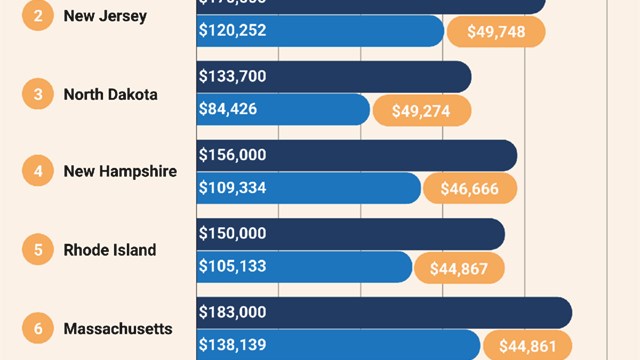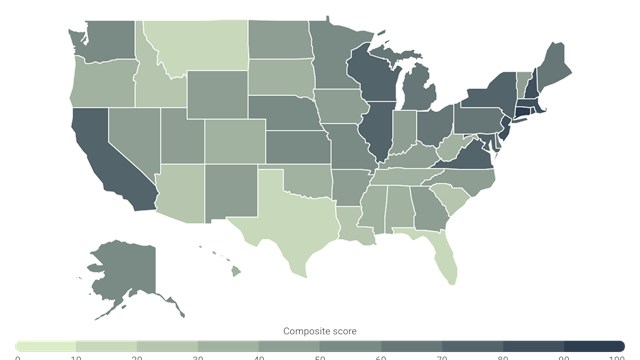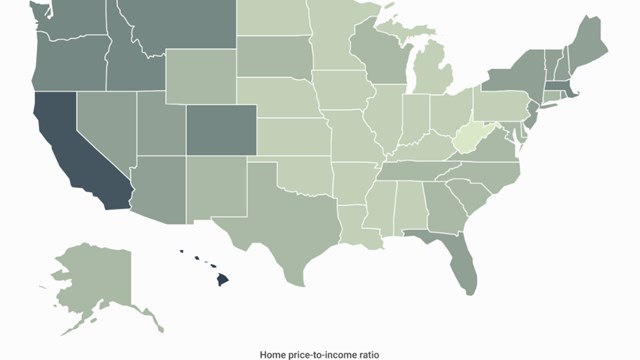
As the New York co-op and condo markets continue to cool, the question for many a would-be seller is whether to absorb the contraction is prices, or to rent out their unit and wait for the market to make a comeback. The answer may be contingent upon the subletting policies in your co-op. Even in a condo, where owners have more latitude to make such decisions without the approval and/or input of the board, the decision may be more complicated than one thinks.
What to Consider
Owners should consider several factors relative to subletting or leasing out their units. The most pressing consideration is timing. “Unless a seller needs to sell the unit when relocating due to co-op or condo rules, they can rent out the unit for a pretty penny in New York City,” says Joanna Mayfield Marks, a broker with Halstead in their Brooklyn division. “When the sales market is soft, it makes sense for a seller to hold their asset until there's a positive correction,” The decision to sell or sublet when relocating may also rest on whether the owner needs the proceeds to purchase a new unit wherever they are moving to, or whether they are content to rent themselves for some period of time.
Of course, another consideration is the sublet policy in your building. Many buildings prohibit subletting altogether, and others limit the option to a year or two, perhaps three. “Co-op boards are not flexible, and it is difficult for them to amend their subletting amid other policies because it is a multi-headed dragon,” says Mayfield Marks. “I think the ability to rent without limitation is one of the reasons buyers are drawn to condominiums. What many buyers don't realize is that even in condos, the ratios of rental versus owner-occupied units is still very important. Lenders look for certain ratios of owner occupancy when evaluating their risk in the asset. Down payment requirements may vary if owner-occupancy is low.”
Harley Seligman, senior vice president of National Co-op Bank, based in New York confirms that the percentage of sublet units is important to lenders when considering individual unit loans as well as underlying permanent mortgages. The percentage acceptable varies from 30% to 50% depending on lender. FNMA requirements are set at 51% owner-occupied.
Another consideration is the capital gains tax on co-op and condo units. IRS rules require that owners must reside in the unit for two out of five years to qualify for capital gains exemption upon sale. Jayson Prisand, a partner with the law firm of Prisand Mellina Underlack & Co. located in Plainview, New York, confirms that this rule is in effect for the capital gains exemption of up to $250,000 for individuals and up to $500,000 for married couples.
In the end, the decision as to whether to sell now or wait out the market by subletting is a difficult and complicated one. It’s also not one an owner can make alone or in a vacuum. Living in a community eliminates that option. If you find yourself in this situation check with your board about building policy and seek the advice of qualified brokers to get a realistic picture of the current market value of your unit.









Leave a Comment